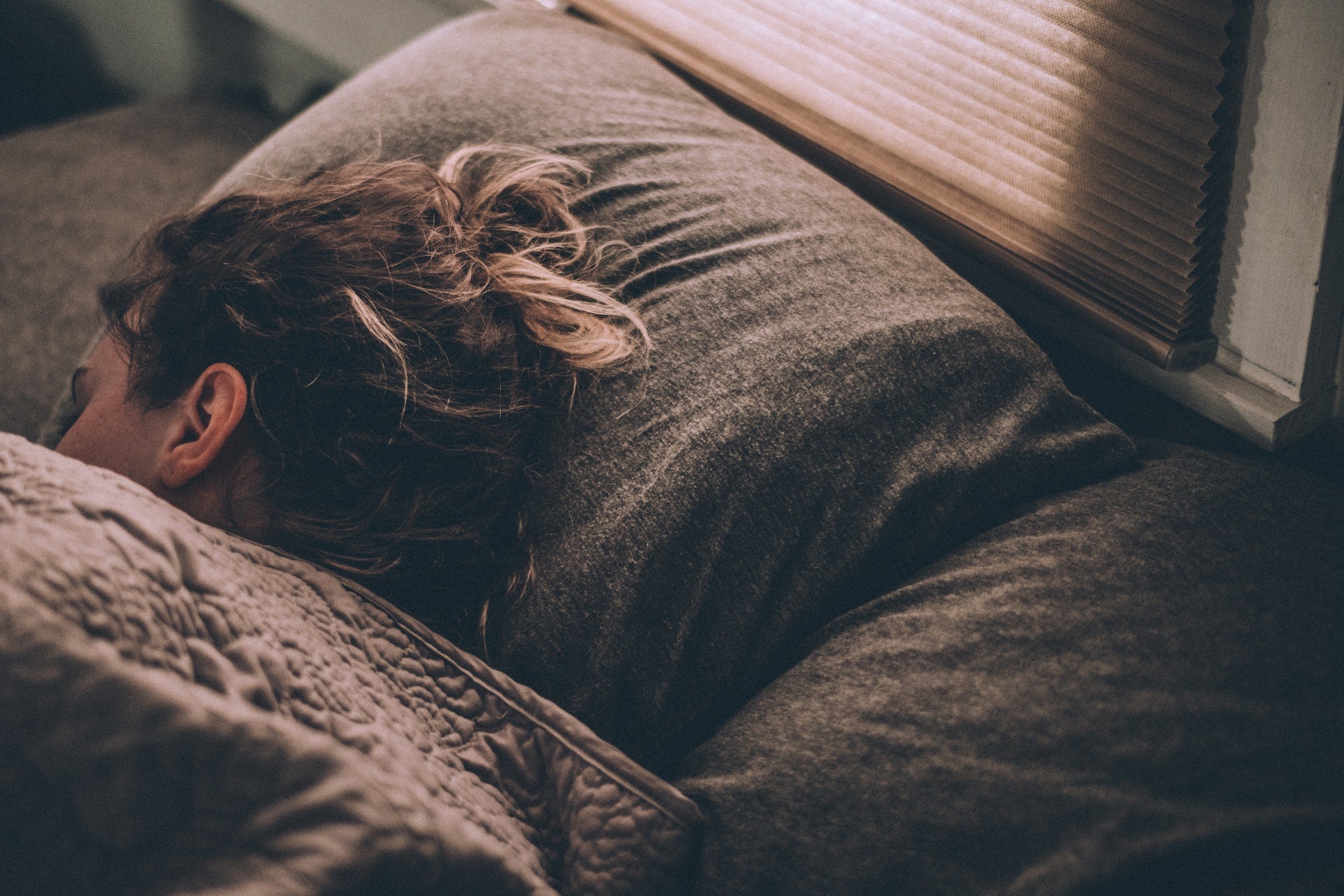Why Do We Sleep?

Every human being needs sleep. We spend around one third of our lives doing it. Without it, we cannot form or maintain the pathways in our brains that let us learn and create new memories, also making it harder to concentrate and respond quickly.
Fascinatingly enough, the biological purpose of sleep is still a mystery. We know that it affects almost every type of tissue and system in the body- the brain, heart, and lungs to metabolism, immune function, mood, and disease resistance. We know that a chronic lack of sleep increases the risk of disorders including high blood pressure, cardiovascular disease, diabetes, depression, and obesity.
So while we don't explicitly know why, there are three theories for why we sleep.
Energy Conservation
According to the energy conservation theory, we need sleep to conserve energy. According to this theory, sleeping lets us reduce our caloric needs by spending more time functioning at a lower metabolism. Because it is inconvenient and less efficient to hunt for food at night, it makes sense to reduce our energy consumption during this time of the day.
Cellular Restoration
Another theory is the restorative theory, which says that the body needs sleep to restore itself. Sleep allows cells to repair and grow. This is supported by many important processes that happen during sleep, like muscle repair, protein synthesis, tissue growth, and hormone release.

Brain Plasticity
The brain plasticity theory says that sleep is required for our brains to function properly by allowing our neurons, or nerve cells, to reorganize.
When you sleep, your brains waste clearance system removes toxic byproducts that build up throughout the day.
Research suggests further that sleep contributes to memory function by converting short-term memories to long-term memories, while also erasing unneeded information.
Where's the Limit
So what actually happens when we don't sleep? If we don't have an answer as to why we sleep, can we make inferences based on what happens when we're sleep-deprived?
The longest time a human being has gone without sleep is 11 days and 25 minutes, set by 17-year-old Randy Gardner in 1963.
He experienced mood swings, memory and attention lapses, loss of coordination, slurred speech and hallucinations, but otherwise he was completely fine. After those 11 days, his first sleep lasted only 14 hours. Scientists know that sleep deprivation is fatal in rats, but it is very difficult to determine whether lack of sleep is the definitive cause of death.
So get lots of sleep (lots of high quality sleep) and don't push it like Randy Gardner.




